Seasonal eating is not only better for our earth, it’s also better for our health! It doesn’t have to be hard, either! Use our free guide and cheatsheets to get started today!
I often wonder if our ancestors would laugh at us as we fumble along in the grocery store, wondering what is fresh and in season and what isn’t. How did something so basic to the human race’s survival become so complicated? How did we become so disconnected from our food sources that we aren’t even sure what a real tomato or carrot tastes like?
While the industrialization of farming has greatly increased our dependency on an unnatural and unsustainable food system, we all get to make choices each day regarding what we put in our bodies. We are all able to return to a more natural pattern of eating, and many of us can even take part in growing a small (or large!) portion of our own food!
What is seasonal eating?
Seasonal eating is the act of consciously deciding to eat food that is “in season”. While seasonal eating has become a trendy health-conscious buzzword over the past few years, there really is nothing “trendy” about it. Seasonal eating is one of the most basic ways that we can care for our bodies and our earth, as our ancestors did for hundreds of years! It allows us to better understand our food sources, our body’s needs, and to better connect with nature.
The more engrossed I become in providing myself and my family with fresh, wholesome, homegrown food, the more amazed I become by nature. I mean, it’s a falling-head-over-heels-mouth-wide-open-complete-awe type of situation! It’s absolutely freaking aaaaamazing how the earth cares for us and provides for us!!!
But there’s a catch: you have to listen. And nature doesn’t yell. Neither do our bodies. They whisper… quietly and calmly letting us know what’s important and how to care for ourselves. To better understand nature and our own bodies is truly one of the most amazing and healthiest things we can do in this fast-paced modern world!
Nature gives us exactly what we need, when we need it most!
Each season provides a bounty of different foods with different purposes. One of the advantages of eating seasonally (instead of eating the same foods year round) is that our bodies are able to take advantage of the unique nutrition requirements of each season. Let’s take a look at how seasonal eating can benefit our bodies during each of the seasons.
Spring:
In the Spring, there is always a flush of fresh growth. Dark greens and weeds abound! These weeds and greens are packed with vitamins, minerals, healthy fatty acids and antioxidants. Edible flowers also start popping up in the spring and are loaded with beta-carotene! It’s exactly what our bodies need as we recover from a long winter and prepare ourselves for increasing activity. It is also a time to cleanse our bodies of the toxins that can build up during the winter season.
Summer:
In Summer, nature gives us food that is light and packed with water content! Summer vegetables and fruits generally have a higher amount of fiber, Vitamin C & A, potassium, phosphorus and magnesium. These types of foods can help us maintain a healthy metabolism, a health cardiovascular system, and stay hydrated. We also often have an abundance of milk and eggs during this season, which give us a boost of calcium, protein and healthy fats. What could be more perfect during the hottest and most active time of year?
Fall:
Fall brings us a beautiful blend of harvests that help us transition from the hot days of summer into cooler winter weather. We enjoy the last of the watery summer fruits and vegetables and then begin transitioning to heavier foods like squashes, which are packed with minerals and vitamins. They even contain manganese which helps our bodies process fats and carbs, which we often eat in higher amounts during the fall and winter! Many dark greens also tend to thrive well into the fall season, allowing us a chance to increase our vitamin and mineral intake.
Winter:
Even winter still provides for us! Winter is a time to enjoy heavier foods and lots of healthy fats. Stored foods like root crops, legumes and winter squashes provide vitamins, minerals, fiber, antioxidants and healthy fats. Nourishing foods, like bone broths and medicinal mushrooms, help to support our body’s immune system and reduce inflammation. These foods are ideal for maintaining health and warmth during the colder season.
Here’s what seasonal eating looks like in our home!
Wondering what seasonal eating looks like in real life? Take a peek! These pictures illustrate some of the foods that we grow and eat during each of the seasons!
Benefits of seasonal eating:
- Our bodies are not designed to eat the same foods year-round. Seasonal eating provides a variety of nutrients for our bodies.
The perfect example of this is tomatoes. While they are often available year-round in supermarket, it doesn’t mean that our bodies are designed to digest and utilize them year-round. I often wonder if ignoring the seasonality of food could be one of the causes of the many food-related allergies we see in our modern society. - No crop grows year-round without taking a break.
It’s unrealistic to believe that any crop can sustainably be produced year-round! Our desire to have foods available to us all year has led to many unsustainable farming and processing practices. - Seasonal eating helps support the local economy and local growers.
The best way to eat seasonally is to eat locally. If you aren’t able to grow your own food, you can still purchase it locally from those who do! By purchasing in-season foods from local growers, you will be able to support local families rather than massive corporations. Your money will stay local, thereby helping your local economy flourish. It will also reduce the carbon-footprint produced by shipping food long distances. - Eating food when it is in season tastes better and is more nutritious!
Food that is harvested and made available for sale during its peak freshness is more nutritious and delicious. The minute that fruit and vegetables are picked, they begins to lose nutritional content. More nutrition is lost the longer that they sit (while being processed, shipped, and stocked on grocery store shelves, for instance). Food that is produced on a small-scale is also better tasting, which is why farm fresh eggs and homegrown tomatoes have more flavor than their industrially-grown counterparts at the supermarket.
How to start eating seasonally:
Grow your own!
The absolute best way to understand how to eat seasonally is to get involved in the food production process. You will be able to understand the seasonality of food best when you see it first hand. This is also the best way to teach children about our food and about eating a healthy diet. Even if you aren’t interested in growing the majority of your own food, a small backyard garden and a few hens can provide a lot of food for your family! Or, try your hand at respectfully foraging for local wild foods in your area!
Start local!
Whether you choose to grow a small backyard garden or not, supporting a local CSA program, farm stand or small local grocer will help you better understand your food sources. Buying food that is fresh and seasonal in your area is much easier to do at a farmer’s market than at a big supermarket. You will also get the benefit of meeting and directly supporting the people who grew your food!
Find support & encouragement!
It is important to make seasonally eating a priority and keep it at the forefront of your mind, especially if you are tempted to slip back into old patterns! When planning meals, keep recipes on hand for each season to inspire your seasonal eating journey! Encourage friends and family members to join you on your journey to live more seasonally. And, if you can’t find support and encouragement in-person, consider looking online. Kathie from Homespun Seasonal Living is a pro at all things seasonal living! Get started by checking out her Guide to Seasonal Meal Planning here!
Download our free Seasonal Eating Cheat Sheets!
I’ve compiled a seasonal eating guide for each season that includes the most common foods: plant-based, meat, dairy, and other! Use these lists to guide your seasonal eating journey. And, because seasonal eating looks a bit different for each climate and each person, there’s a worksheet that you can use to customize your own list of foods for each season! Click the blue button below to access the Seasonal Eating Cheat Sheets along with our entire Freebie Library!
Do you eat seasonally? Share your tips and tricks in the comments below!
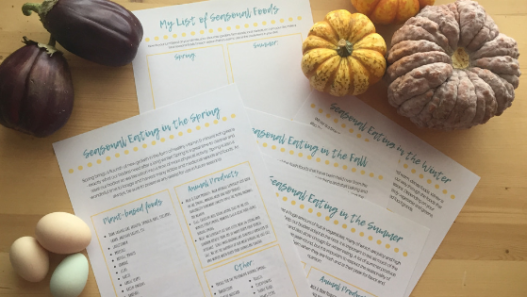
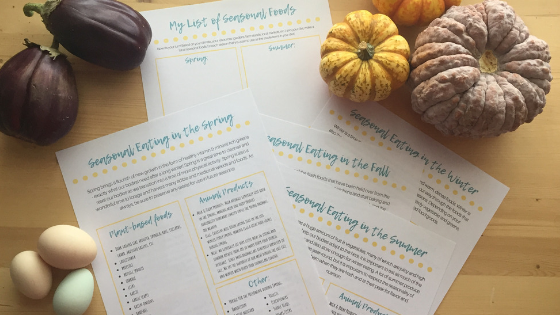
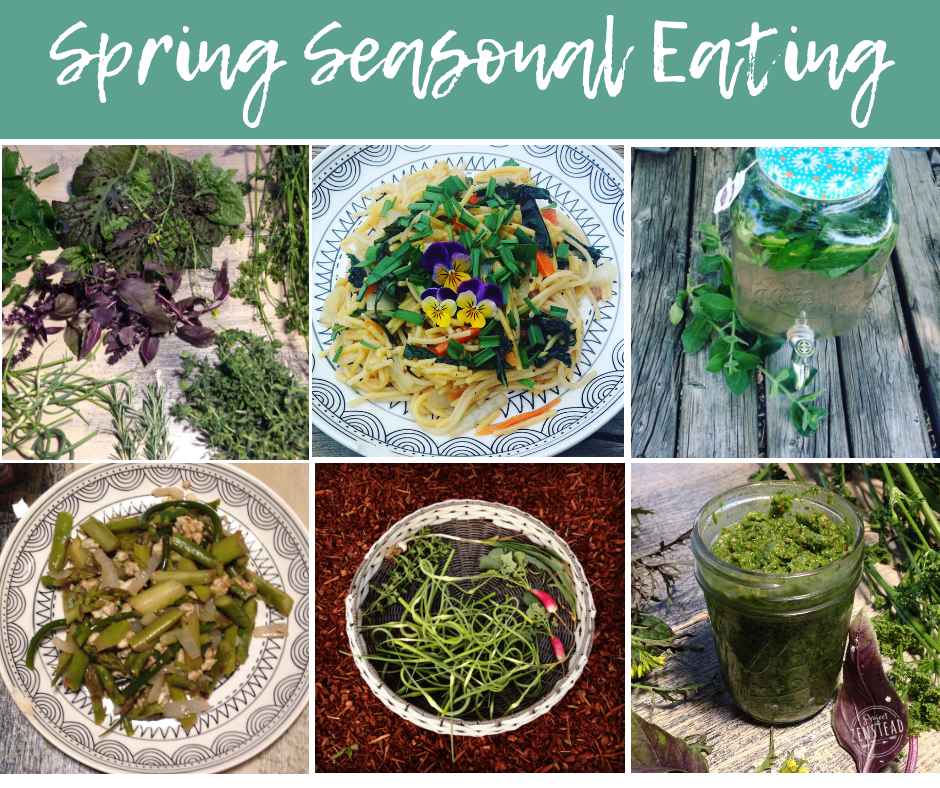

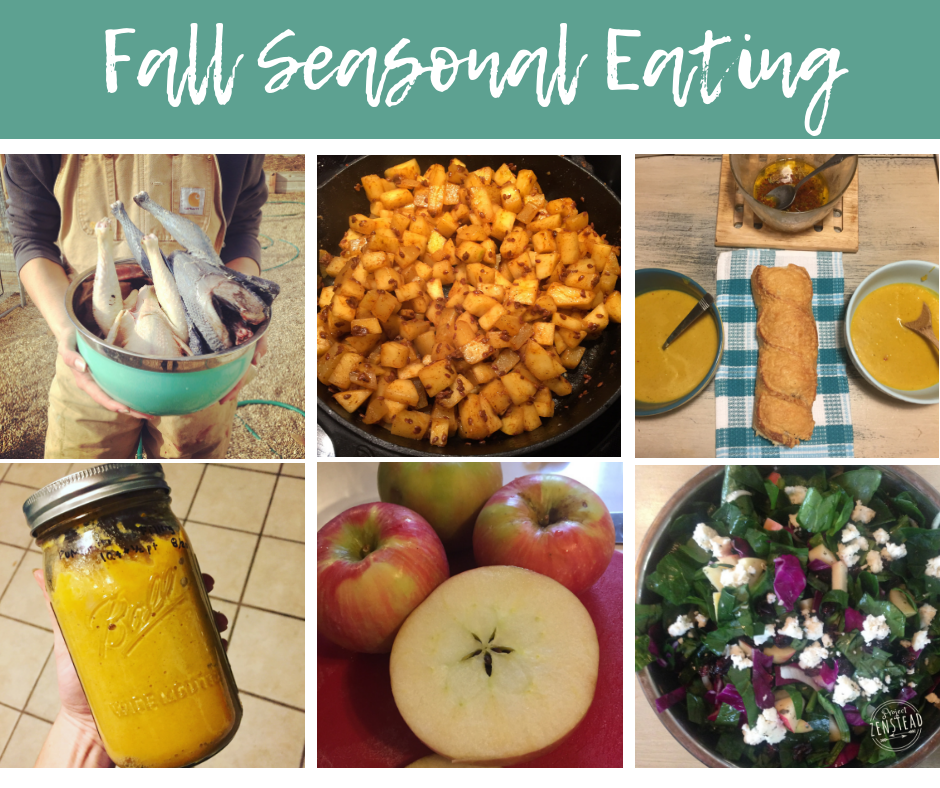
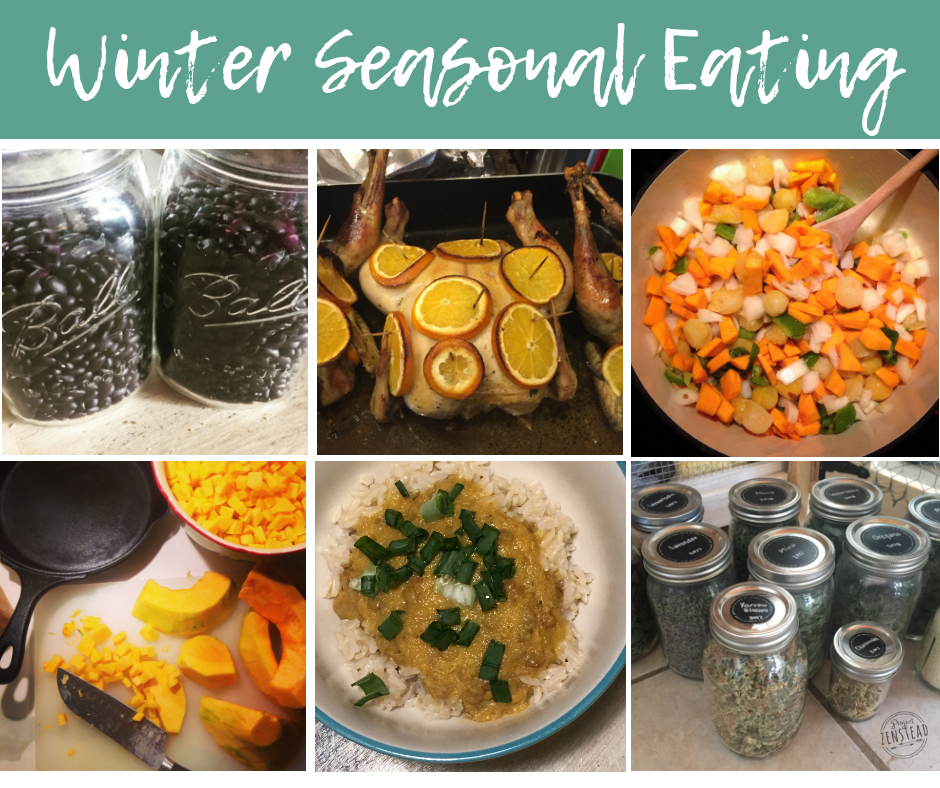
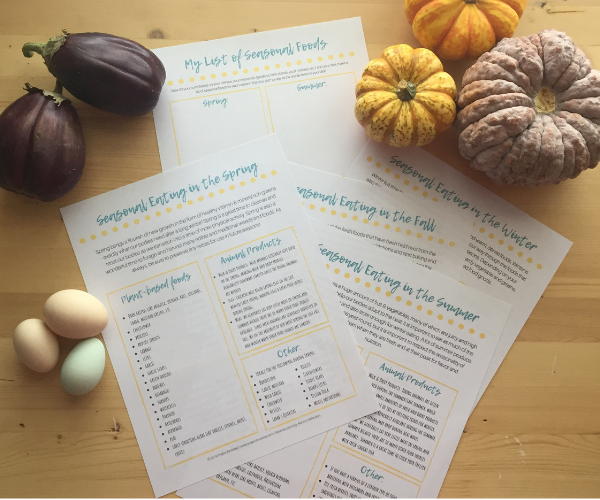





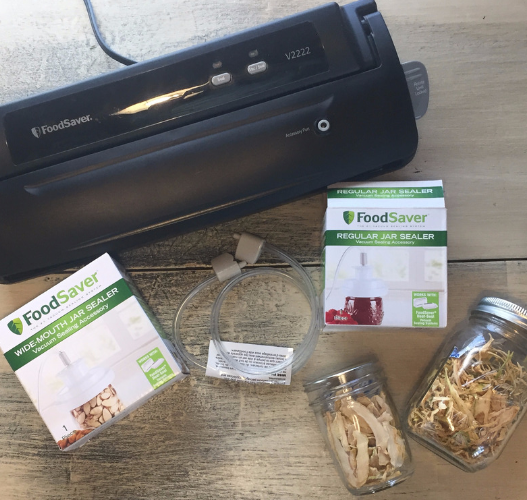
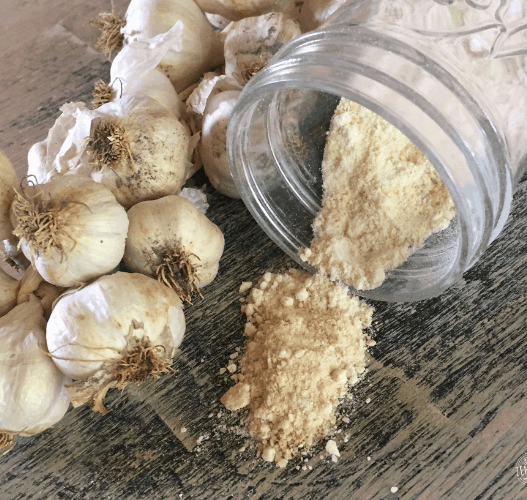

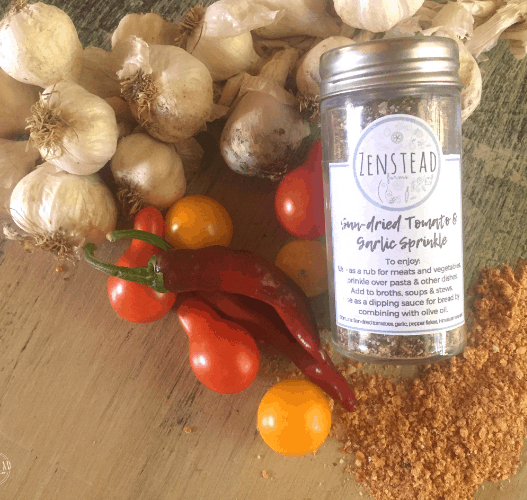

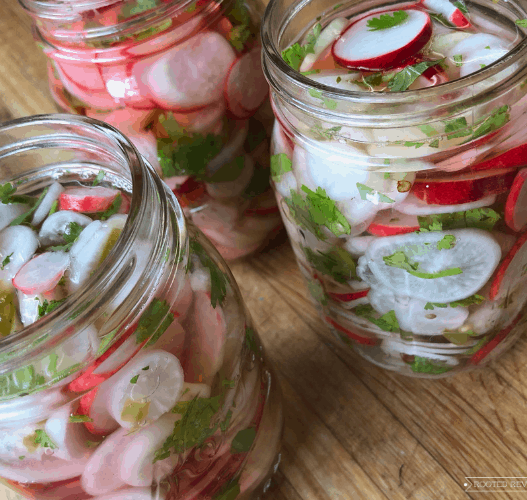
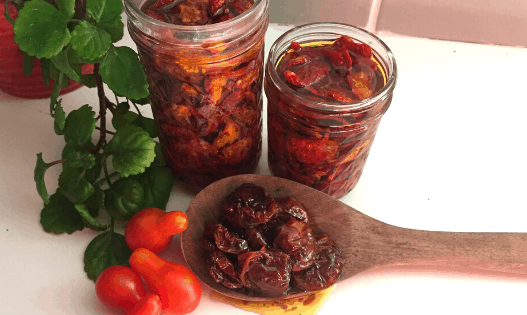
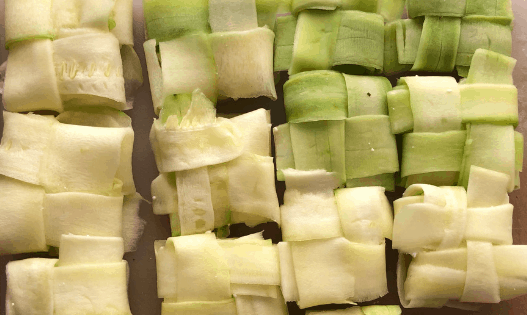
Thanks so much for the shout out. I’ll be sure to share your resources too!
Thank you, Kathie! I love what you do – your advice and resources are priceless! ?
Wow! What a great and thorough post! I understand the point of eating seasonally and try to do it at times but it never sticks. You’ve inspired me to try again! Thanks.
Keep it up! It’s definitely a lifetime journey to figure out how to understand and respond to our bodies and nature. Luckily, we all learn the best by making mistakes 🙂 I’m glad I can help, even in a small way!
Great post! We eat seasonally now, but it took us a while to get there. The cheat sheets are a great idea! We do a local CSA, and so that helps quite a bit with figuring it out, but for those without that resource, it can be confusing. I read a book one time that said our microbiome changes seasonally so that we are better able to utilize the foods of that season. How completely perfect is that?! Mother nature takes care of us if we let her. 🙂
It never ceases to amaze me how simple nature makes things for us and how much we can complicate it!? I’m so happy you found a good CSA to support your community and your health! Keep it up!
Yesssss for these cheat sheets! I want to start intentionally eating in season and canning/freezing for off-seasons. This is going to help me a LOT! Pinning it for future reference!
Awesome! Your body will thank you for it! Plus, it’s a lot of fun to get more in touch with your food supply!
Wow! This is a great post! Thanks so much for sharing!
I have thought about the fact that we need to do a better job of eating seasonally… you have made some really good points here that I have not even thought about!
I’m so glad it’s helpful for you! 🙂